My father has had chronic obstructive pulmonary disease for many years and is in stable health. What should he pay attention to to ensure his health when traveling abroad? (Tran Quynh Chi, Hanoi)
Reply:
People with chronic obstructive pulmonary disease (COPD) and asthma who travel are at risk of developing acute attacks and are susceptible to infectious diseases... However, if they prepare carefully, they can still enjoy their vacation with their family.
To ensure a safe trip, patients should see a doctor to assess their health and whether they can travel long distances. People with COPD should travel when their health is stable or at least one month after an acute attack.
People with respiratory diseases can travel far when the weather is warm and less crowded to limit the risk of infectious diseases such as influenza A, influenza B, Covid-19, RSV... Strenuous activities can easily cause acute attacks, which is dangerous for the patient. Therefore, your father should prioritize short-term travel, rest, and less movement.
Reduced lung ventilation is a characteristic of people with chronic respiratory diseases. When the amount of oxygen is not enough to compensate, the patient feels short of breath, tired, dizzy, headache, rapid heartbeat, chest tightness, and even fainting. Meanwhile, the pressurized cabin at high altitudes, with less oxygen, can easily cause the patient to have hypoxemia.
Patients should inform the airline about their condition. People with many lung cysts (abnormally formed air sacs due to expansion of lung alveoli) are at risk of pneumothorax and should limit air travel.

People with chronic lung disease should travel when their health is stable. Photo: Freepik
High mountain areas have thin air and cold temperatures at night, increasing the risk of difficulty breathing and fatigue, triggering asthma attacks and chronic obstructive pulmonary disease. Patients choose to travel on flat terrain that is easy to move around.
In addition to administrative documents for travel, people with chronic lung disease need to bring daily medication and prepare additional medication in case of sudden acute attacks. You should find out information about medical facilities and pharmacies around the place of travel to prepare for your father. Save medical records and prescriptions to help doctors have health information and appropriate instructions in case of medical assistance.
During travel, patients should wear masks when going to crowded places. Hands should be washed with soap or sanitizer after going out, after using the toilet and before meals.
Master, Doctor Phung Thi Thom
Respiratory Department, Tam Anh General Hospital Hanoi
| Readers send questions about respiratory diseases here for doctors to answer |
Source link




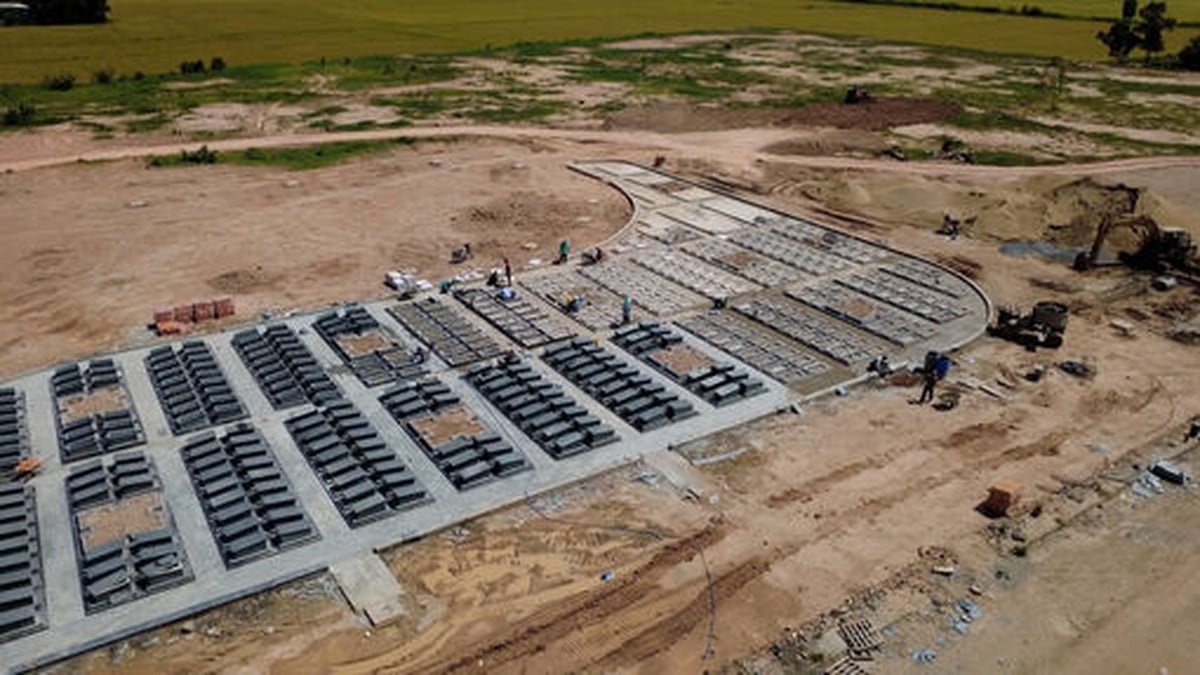
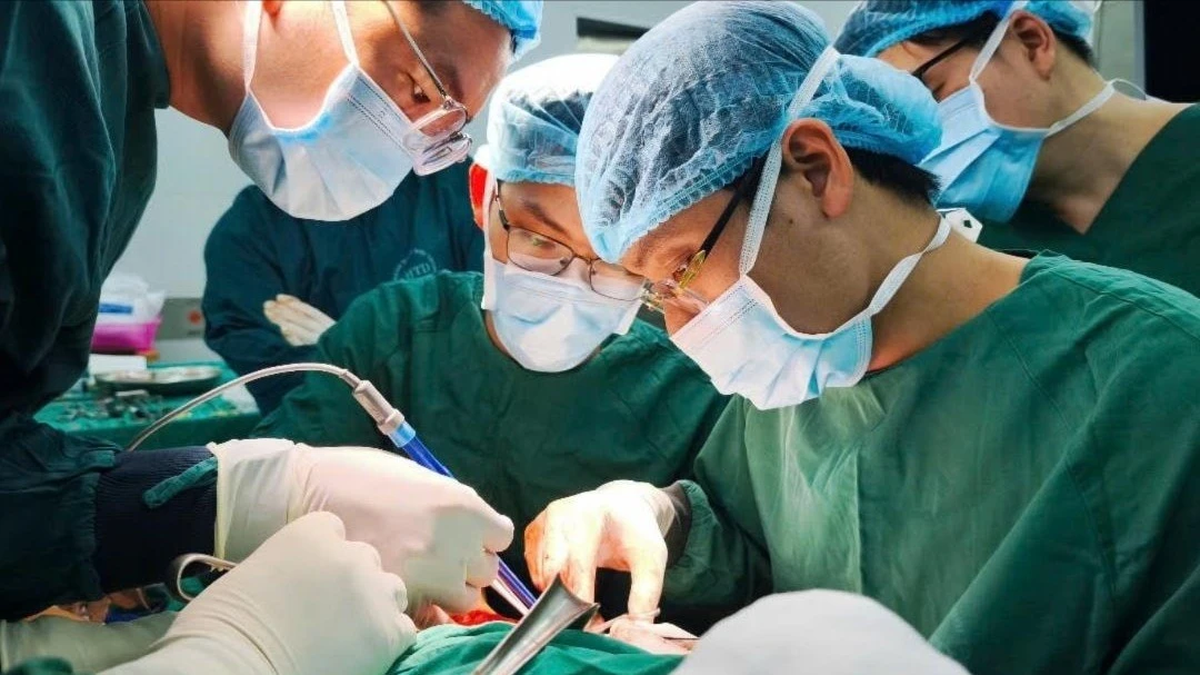



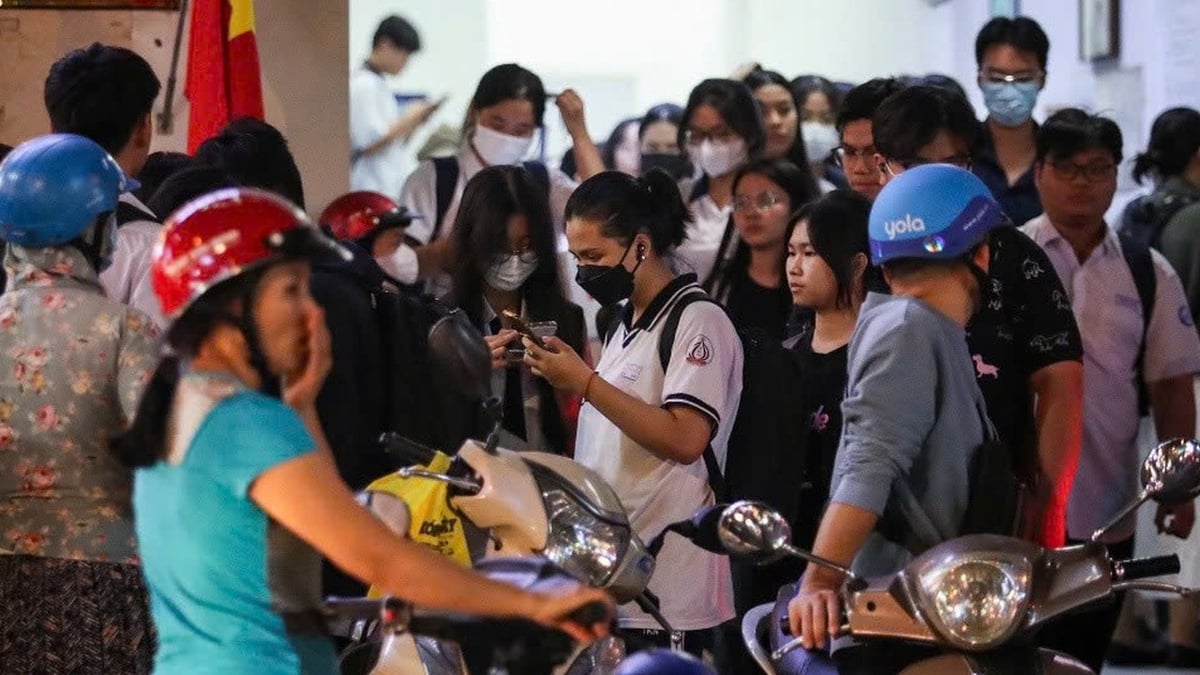








































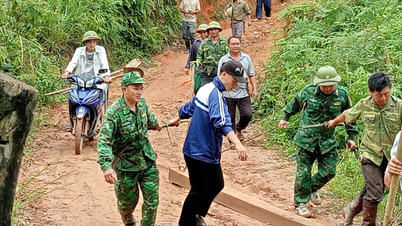








































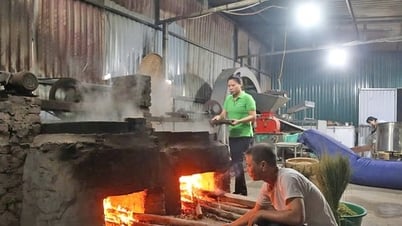




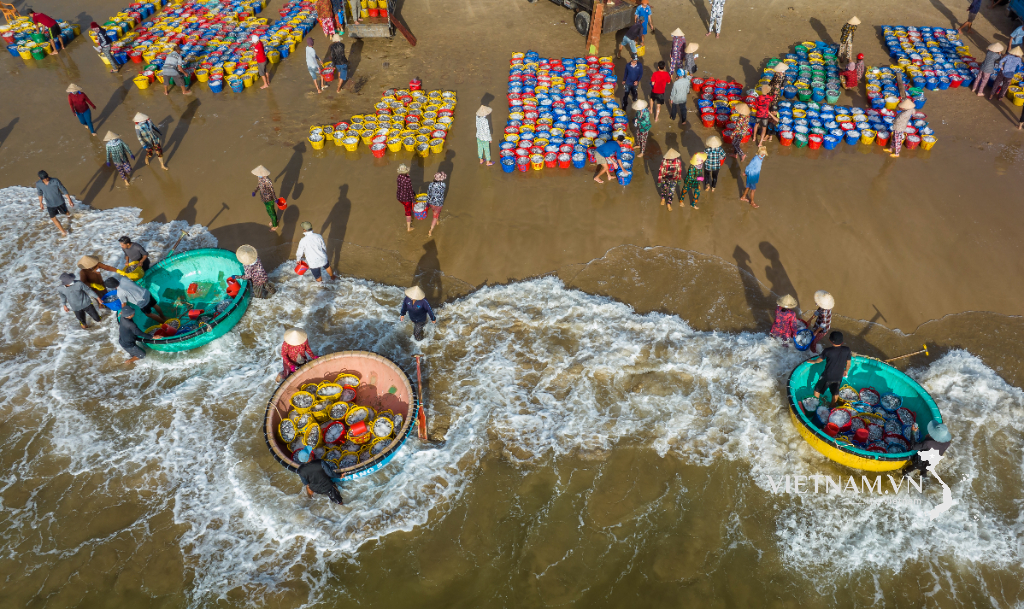


Comment (0)